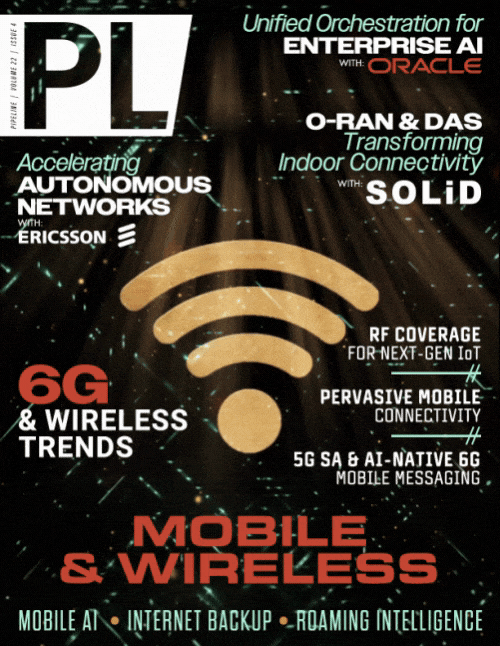News Center
5G Americas Explores Network Slicing Network Slicing Offers Sophisticated 5G Network CapabilitiesNew 5G Americas white paper
explores Network Slicing from standardization to commercialization 5G network slicing enables businesses to enhance their network
security, reliability, and flexibility needs by creating independent logical
network slices on the same physical cellular wireless network infrastructure. 5G Americas, the voice of 5G and 4G LTE for the Americas, announced the
release of its latest white paper covering the role of Network Slicing in 5G
networks entitled, “Commercializing 5G Network Slicing.” Chris Pearson, President of 5G Americas said, “5G networks are
making progress to provide high levels of speed, latency, and reliability,
catering to the particular needs of the service or application and by having
multiple slices of the same physical 5G network, Network Slicing unleashes a
multiverse of new applications and use cases.” According to the white paper, the Network Slicing framework is one of the major additions to the 5G Standalone standards. While it is still in its infancy, it is also one of the essential pillars for enabling operators to create and deliver new services. Network slicing is a complex technical capability as it touches nodes in all the wireless network domains – device, core, transport, and radio. “Commercializing 5G Network Slicing” explores how end to end network slicing can
enable communication service providers to meet all the needs from their
enterprise and business customers. It provides a deep dive into the main
technical concept of Network Slicing and explains the technical concepts and
standards that support them. It covers network slicing-based services with
future improvements and insights into architecture models while providing
clarity into the complexity of initial commercialization possibilities. Topics explored in this white paper include:
The white paper also does more than just clarifying the engineering concepts and use
cases. It takes a detailed look into the central compromises of business and
technology as network slicing commercial products and services are considered
across different varieties of slicing, including localized, area-wide,
nationwide, temporary, and long-term or permanent use cases. Additional
opportunities for upsell or premium services are also discussed, including
subscription-based, policy-based, and application-based slicing scenarios. Karri Kuoppamaki, Senior Vice-President Radio Network Technology and
Strategy, T-Mobile USA said, “With Network Slicing and a 5G Standalone network,
operators can better design and build a network to meet emerging user
requirements and provide new solutions to help consumers and enterprises meet
their connectivity needs. Identifying new valuable use cases with Network
Slicing is critical to justify the required investment in Network
Slicing-related solutions and architecture. Congratulations to our Network
Technology engineers, especially Adrian Singereanu, who led this whitepaper’s
development alongside Suresh Thanneeru, and the rest of the team for constantly
innovating and pushing the industry forward.” Helen Zeng, Staff Consulting Solutions Architect, VMware and 5G Americas working group leader further added, “3GPP introduced Network Slicing in Release 15, and the added developments and refinements through Release 17 provided enhanced capabilities. Undoubtedly the promise of network slicing is phenomenal, but it is still in its early stages. As 5G Standalone networks proliferate globally, it is possible that slicing will become a fundamental building block for the mobile communications ecosystem.” Source: 5G Americas media announcement | |

















